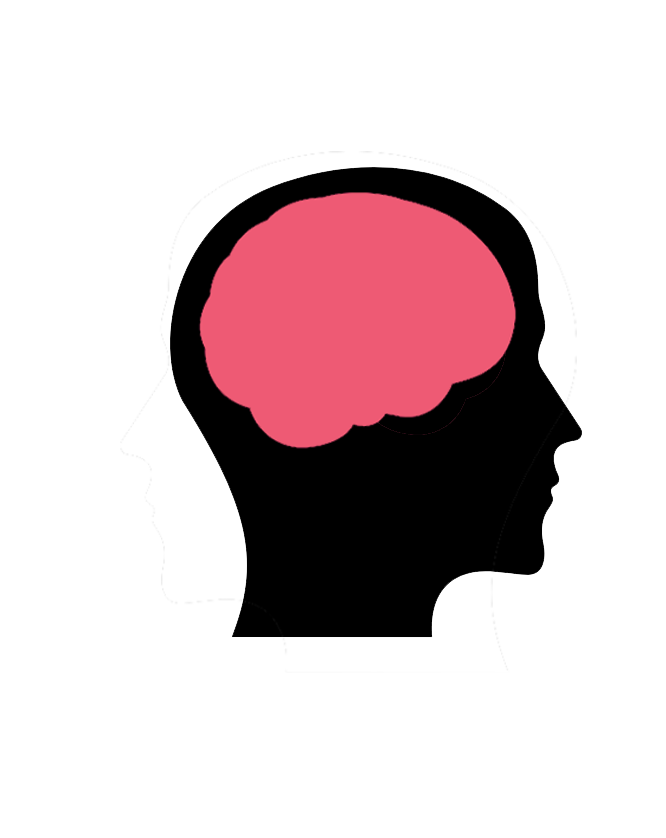OPINION: Highs & Lows
Stop giving unhelpful medical advice
There’s not much that I remember about the day I was diagnosed with a genetic disease. Screaming, crying, anger — I was only five years old when I was told my life would never be the same as my peers, and that I’d have to get used to needles and blood.
Over the years, I’ve gotten used to poking my fingers, administering insulin, and living with the fact that I have to do this ritual every time I want to eat, until the day I die.
Yet, ironically, I’m still not over my fear of needles and blood.
Being told I have Type 1 Diabetes, a genetic disease, wasn’t easy for me to come to terms with. A disease? Is it infectious? What did I do to deserve this? Why do I have to live with this for the rest of my life?
This was a process to come to terms with, and it’s still really hard for me to live with the fact that eating, exercising, and being sick is much harder due to the fact I have diabetes.
Over the years, I’ve had people close to me tell me I can’t have certain foods because their diabetic uncle didn’t manage it well and lost a foot. Sometimes, they would push me towards healthier options like salads or fruit.
I would roll my eyes, pretend to thank them for their public service announcement, and grab whatever I wanted to eat.
Ask any diabetic if they’ve been in a similar situation, and I’ll bet dollars to donuts they’ll say yes.
We’ve adapted our lives to live around diabetes. We know what we’re doing. I have never used any advice given to me from these types of people because there is nothing to be learned.
Last time I checked, I’m not their diabetic uncle, and I never asked for their opinion about what I can eat either.
I’ve also had ignorant people tell me that I “deserve” diabetes because of poor health choices I’ve made.
According to the American Diabetes Association, the most common form of diabetes is type 2, which means the body doesn’t respond well to insulin. Lifestyle factors like eating unhealthy foods and lack of exercise are possible causes of type 2, but genetics also can play a part.
Type 1, on the other hand, is entirely genetic. The pancreas just doesn’t work at all. What did I do to deserve a genetic disease?
It’s human nature to help others, and I understand that they care enough to worry about me, but there is a difference between helping someone and telling someone what to do.
Helping others is guiding them to the end goal, and giving them the freedom to proceed on their own. Telling someone what to do is making sure they reach that end goal no matter what.
You can inform me of how many carbohydrates are in my meal. However, I don’t want you to tell me what food I can have.
Nobody likes being told what to do, and how to do it. It’s not okay when others tell people how to live their life, but it’s suddenly okay when a health condition is involved? Asking questions to learn more about what we have to go through is totally okay because someone will learn something for the future. But, unless you know the hardships that we go through, it’s best to mind your own business.
If there’s nothing to be learned at the end of the conversation, then there’s no purpose for those words.































